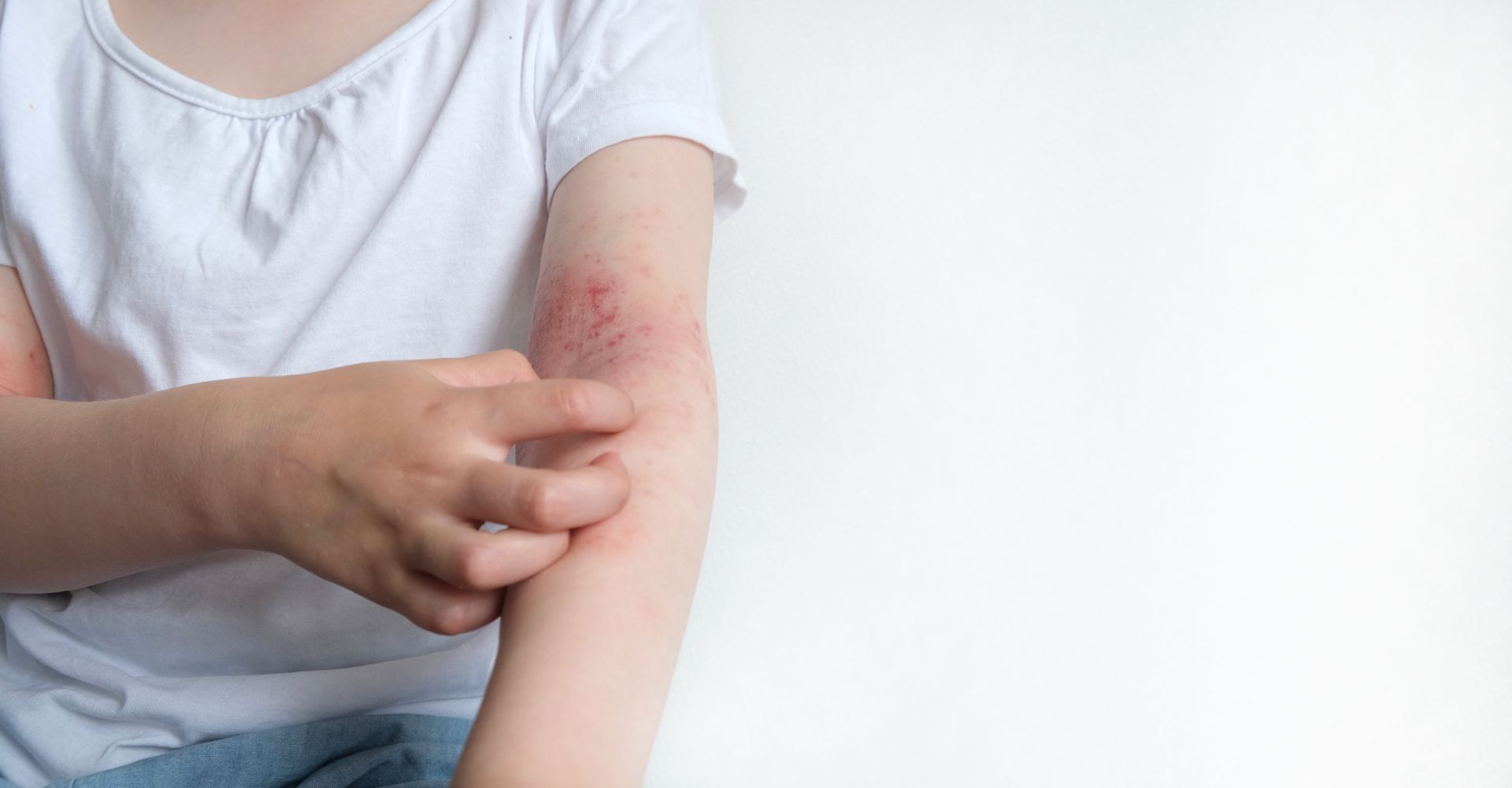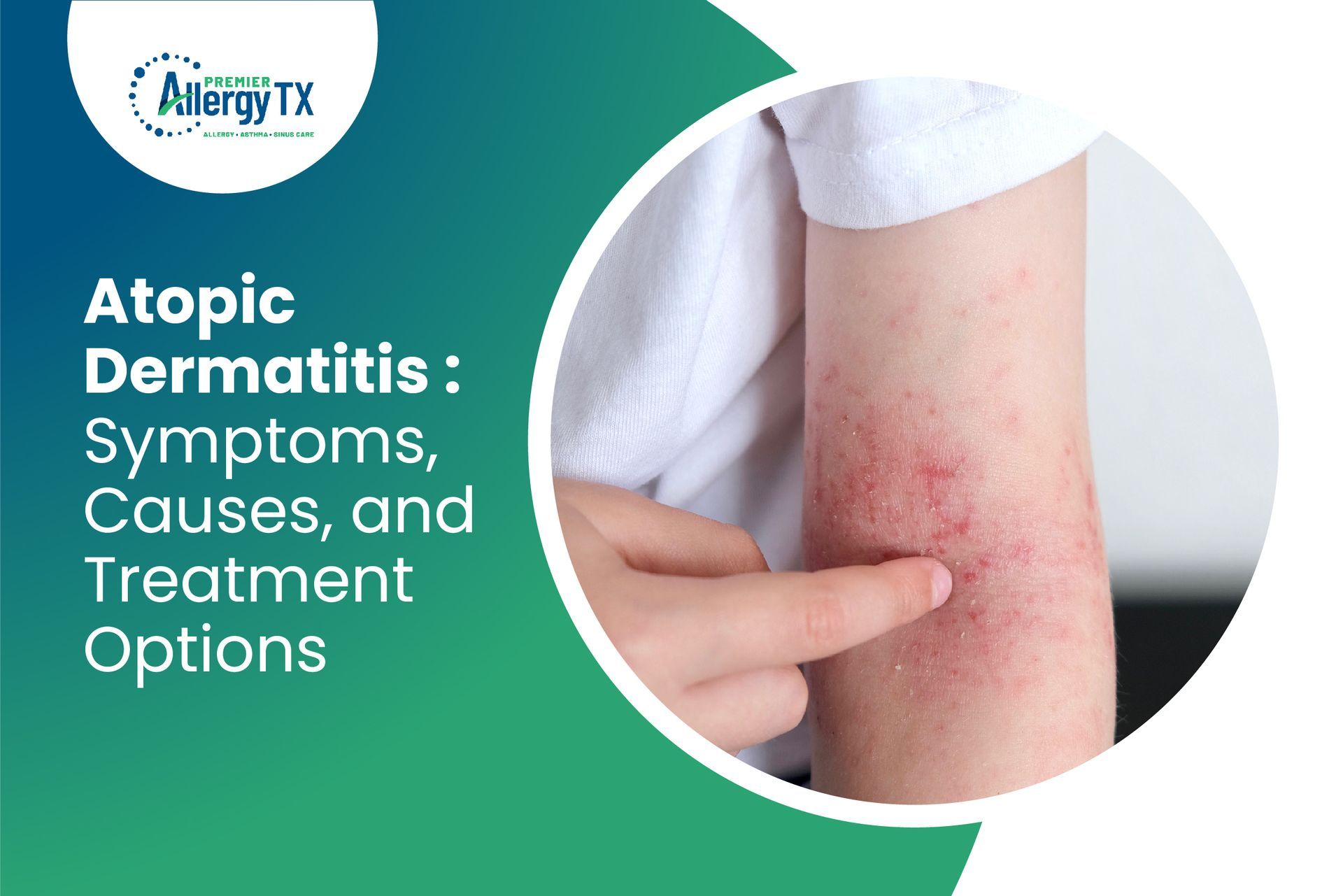Have you been grappling with chronic urticaria, seeking relief in various treatments without success? The relentless itching, swelling, and discomfort can significantly disrupt daily activities, leaving you searching for answers. That’s where biologics come in. This blog explores the wonders of biologic therapies, bringing you closer to the relief you’ve been searching for. Read on to discover a promising solution and see how you can regain control of your life.
What is Chronic Urticaria?
Chronic urticaria, characterized by persistent hives lasting more than six weeks, can significantly disrupt daily life. It affects
approximately 20% of the global population. From triggering intense itching to causing distressing welts, its impact is undeniable. Besides the physical discomfort, it can severely affect one’s well-being, leading to sleep disturbances, anxiety, and even depression.
The
Chronic Urticaria Index serves as a diagnostic tool, assessing basophil histamine release to detect the presence of autoantibodies targeting the Fc receptor of immunoglobulin E (IgE), commonly called anti-FceR. When this test yields a positive result, it suggests that the patient’s chronic urticaria may have an autoimmune basis. In other words, their immune system may be mistakenly attacking healthy cells, leading to the development of hives. Identifying this autoimmune component is crucial for tailoring treatment strategies to manage the condition and alleviate symptoms effectively.
Read More:
Hives (Urticaria): What It Is, Why You Get It, & How to Treat It
Exploring Biologic Treatment
While no proven urticaria cure exists, new and viable treatment options show optimistic results. Traditional urticaria treatments like antihistamines often provide inadequate relief for chronic urticaria sufferers. Biologic treatments offer a promising alternative. These medications target specific pathways in the immune system, addressing the root cause of urticaria rather than just its symptoms. By blocking molecules responsible for triggering hives, biologics offer a more targeted and practical approach to treatment.
How Do Biologics Work?
Biologics target specific molecules or cells in the inflammatory response that triggers urticaria symptoms. By regulating the immune system, biologic medications aid in decreasing the occurrence and intensity of hives in people suffering from chronic urticaria.
The Biologic Advantage
1. Precise Targeting
Biologic treatments target the underlying mechanisms of chronic urticaria, providing more effective relief than conventional treatments.
2. Long-Lasting Relief
Unlike short-term solutions, biologics offer sustained relief, minimizing the frequency and severity of hives over time.
3. Reduced Side Effects
Biologic treatments are generally well-tolerated, with fewer adverse effects compared to traditional medications.
Types of Biologics for Chronic Urticaria
This monoclonal antibody targets immunoglobulin E (IgE), a key mediator of allergic reactions.
Approved for treating atopic dermatitis, dupilumab has shown promise in managing chronic urticaria by inhibiting specific signaling pathways involved in inflammation.
While primarily used for severe asthma, benralizumab’s ability to deplete eosinophils, a type of white blood cell, may also benefit individuals with chronic urticaria.
Another biologic that targets eosinophils, mepolizumab, has
demonstrated efficacy in reducing urticaria symptoms in clinical trials.
Choosing the Right Biologic for Urticaria
When exploring chronic urticaria biologic treatments, the evaluation of multiple factors is crucial in achieving optimal results. Here are some key considerations:
- Consultation with a Specialist
Seek guidance from a dermatologist or allergist experienced in treating chronic urticaria. They can assess your medical background, the severity of your symptoms, and your treatment objectives to suggest the most appropriate biologic option.
- Understanding Mechanism of Action
Different biologics target specific pathways in the immune system. Understanding the mechanisms of action helps in identifying the most suitable option for effectively managing your specific case of chronic urticaria.
If you think allergies could cause your hives, it might help to undergo allergy testing. The tests can identify the specific allergens responsible for triggering your symptoms, informing treatment choices and helping decide whether biologic medications, like omalizumab (which focuses on IgE), are suitable options.
- Consideration of Comorbidities
Individuals with chronic urticaria may have other underlying conditions, such as asthma or autoimmune disorders. Choosing a biologic that can effectively manage both urticaria and any comorbidity can streamline treatment and improve overall health outcomes.
- Insurance Coverage and Cost
Biologic treatments can be expensive, so checking your insurance coverage and considering the financial implications are essential. Some biologic manufacturers offer patient assistance programs or copay assistance to help alleviate the financial burden.
Examining information gathered from clinical studies offers valuable insights into how effective and safe various biologic treatments are for chronic urticaria. Work closely with your allergist in finding success stories and assessing how a particular biologic may perform in your case.
- Patient Preferences and Lifestyle Factors
Consider factors such as dosing frequency, route of administration (e.g., chronic urticaria injection vs. infusion), and potential side effects when choosing a biologic. Share your preferences and lifestyle with your healthcare professional to identify a treatment solution tailored to your requirements.
By carefully weighing these considerations and working closely with your allergist, you can decide which biologic is the right choice for managing your chronic urticaria effectively.
Combining Biologics with Other Treatments
While biologic treatments promise better chronic urticaria management, healthcare providers often combine them with other therapies to achieve optimal results. These may include:
- Antihistamines
While biologics target the underlying immune mechanisms of urticaria, antihistamines may help alleviate symptoms such as itching and redness.
2. Corticosteroids
In severe cases of chronic urticaria, short-term use of corticosteroids may be necessary to control symptoms while waiting for biologic treatments to take effect.
3. Lifestyle Modifications
Recognizing and steering clear of triggers, like specific foods or environmental elements, enhance the effectiveness of biologic treatment in preventing urticaria outbreaks.
Is Biologic Treatment the Urticaria Miracle You’ve Been Waiting For?
Biologic treatments offer a promising avenue toward effective relief, addressing the condition's root cause and providing long-lasting results. If you’re tired of the limitations of traditional treatments and are ready to explore new options, start your journey by talking to allergy experts in Texas about whether biologics could end your quest for urticaria relief. Don’t let chronic urticaria hold you back any longer. Consult with our allergist here at
Premier Allergy TX today to explore the possibilities of biologic treatment for urticaria and identify the best antihistamine for chronic urticaria management. Call us at (210) 764-6567 or click the “Schedule an Appointment” button to reclaim control over your life with biologic treatment for hives.
















